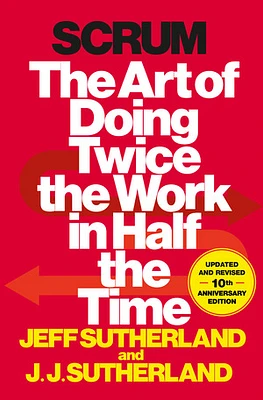Home
Screwnomics

LIBRAIRIE CARCAJOU
Screwnomics
From Librairie Carcajou
Current price: $25.99
Loading Inventory...
*Product information may vary - to confirm product availability, pricing, shipping and return information please contact LIBRAIRIE CARCAJOU
• Irrational pay differences persist. Grade point averages (GPA) are a strong predictor of future earnings, a recent study found, but a woman with a 4.0 can expect to earn as much as a man who earned a 2.0. The Institute for Women’s Policy Research says at its current rate pay equity will be reached by 2058.
• Women graduate college at greater rates and become entry-level employees at Fortune 500 companies equally. Yet only 4.2 of such companies promoted women to CEOs despite improved financial outcomes for those with female senior management. Globally, women hold 9 percent of CEO jobs.
• Since 1997 women’s numbers of economic majors have declined, now stuck at 29 percent. Only 15 percent of tenured economic professors are female, says the American Economic Association; such positions influence think tanks and national policy.
• On Wall Street women face “bro-talk” and pranks, like a pizza topped with unwrapped condoms, reports the NY Times. A 2015 Bloomberg Business Week survey tracked MBA graduates over 6-8 years, and found females earned 20 percent less, and on Wall Street, nearly 40 percent less.
• The bigger the assets of a bank or credit union, the fewer its female managers. No woman has ever headed the nation’s biggest banks. Morgan Stanley settled a $46 million gender class action suit in 2007, and Bank of America-Merrill Lynch settled a similar case in 2013 with as many as 4, 800 individual payments totaling $39 million.
• In 2017 the US Senate was 21 percent women and the US House 19 percent. No woman currently heads a national finance or budget committee. Health care reform affecting one-sixth of the US economy and millions of women’s jobs and families was negotiated behind closed doors by 13 men.
• By contrast, Screwnomics celebrates a Fortune Magazine report of increased numbers of women-owned businesses between 1997-2015, a rate of startups 1.5 times the national average. Women now own 9.4 million firms, and black females are the fastest growing group of entrepreneurs.






















